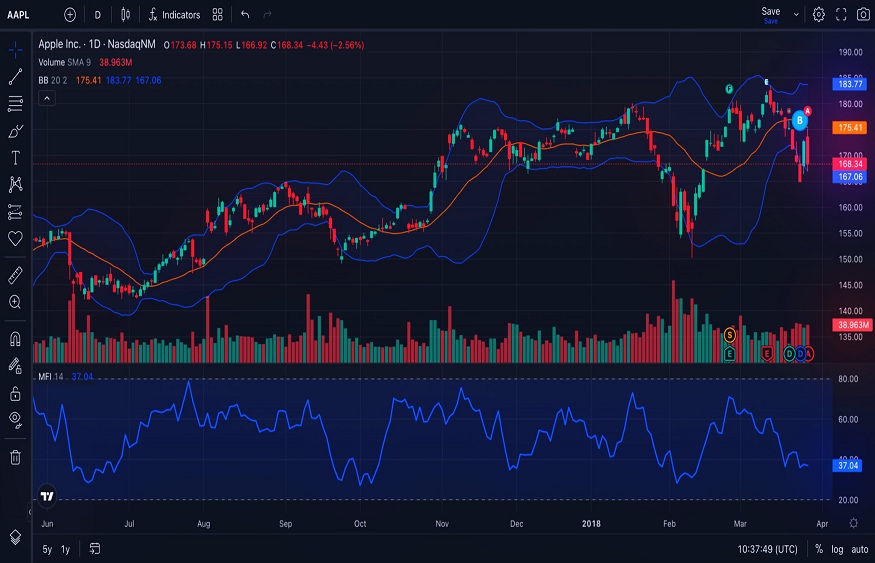For the savvy investor, the UK stock market presents many opportunities, but navigating this complex landscape requires an essential ally: the stockbroker. Stockbrokers are intermediaries facilitating your investments, providing trading platforms, and offering valuable insights—but not all stockbrokers are created equal. As a trader in the UK, selecting the right stockbroker is crucial for your investment success. This article focuses on the factors you should consider in your quest for the ideal stockbroker.
Regulatory compliance: protecting your interests
The Financial Conduct Authority (FCA) plays a paramount role in regulating the financial services industry in the UK. By establishing and enforcing standards, the FCA ensures that brokers maintain consumer protection and market integrity. Hence, choosing an FCA-regulated broker is non-negotiable. Regulatory compliance offers you a safety net in the uncertain world of financial investments and ensures that your broker meets stringent standards of conduct and transparency.
You should also consider the broker’s history and reputation, including any past disciplinary actions by regulatory bodies. A trustworthy and reliable broker is crucial to safeguarding your interests as an investor. It’s worth taking the time to research and compare multiple brokers before deciding.
Trading platform and tools: the engine of your trades
You’ll spend most of your trading time on a stockbroker’s trading platform. An intuitive, easy-to-use platform can enhance your efficiency and user experience. Look for a broker that provides a platform with a smooth interface that allows you to execute trades swiftly and precisely.
Advanced traders may need platforms that offer detailed analytics, advanced charting tools, and real-time market data. Mobile accessibility is increasingly important, too, given the pace of the market. A broker with a responsive mobile app that mirrors the features of its desktop platform enables you to stay on top of market movements even when you’re on the move.
For example, Saxo Capital Markets offers a multi-asset trading platform that provides access to over 40,000 financial instruments. Its platform features advanced charting tools, real-time market data, and mobile accessibility, making it a popular choice among active traders.
Costs and fees: balancing the books
Cost is a significant factor for any trader. Understanding a broker’s fee structure can help you anticipate and manage your trading costs effectively. Comparing commission rates, account maintenance fees, and any potential hidden charges will help you understand the financial impact on your investments.
Some brokers may offer commission-free trades but offset this with wider bid-ask spreads or other hidden costs. Remember to consider the overall cost of trading and not just the headline fees.
Product range: diversifying your portfolio
The variety of products available through a broker is another critical variable. A diverse range of assets and investment products allows you to tailor your portfolio to your investment strategy. Ensure your broker offers access to a wide range of stocks, ETFs, options, and possibly other investment vehicles, such as futures or forex, if they align with your investing interests.
International traders should also consider brokers who give access to global markets. It can open up many opportunities and allow you to diversify your investments across different geographical regions and asset classes.
Customer support: the safety net
A responsive and knowledgeable customer support team can make all the difference when things go awry. Your broker should offer customer support that is accessible via multiple channels and has a reputation for being responsive and helpful.
Additionally, some traders may require more hands-on support, such as educational resources or personal account management. A broker that provides robust educational content, webinars, and dedicated account managers can be especially valuable for those new to trading or who wish to develop their skills further.
Reputation and reviews: guidance from the community
Online reviews and ratings can offer valuable insights into a broker’s reputation for service, trustworthiness, and customer satisfaction. A simple online search can provide you with a wealth of information from the experiences of other traders.
Remember that a solitary negative review may not reflect the broker’s overall service quality. Instead, look for prevailing trends in reviews and consider the issues reported. Additionally, recommendations from seasoned traders or influencers can often lead you to reputable brokers.
Conclusion: a matter of prudence
The process of selecting a stockbroker in the UK should be approached with due diligence and prudence. Each trader’s needs are unique, and a broker that satisfies one investor’s requirements may not be the best fit for another. A little effort spent researching and comparing different brokers can ensure a positive and rewarding trading experience in the competitive UK market.
Remember, the right stockbroker should assist in your investment endeavours and provide a foundation for growth and success. So, take your time, explore your options, and choose wisely – your financial future may depend on it.



